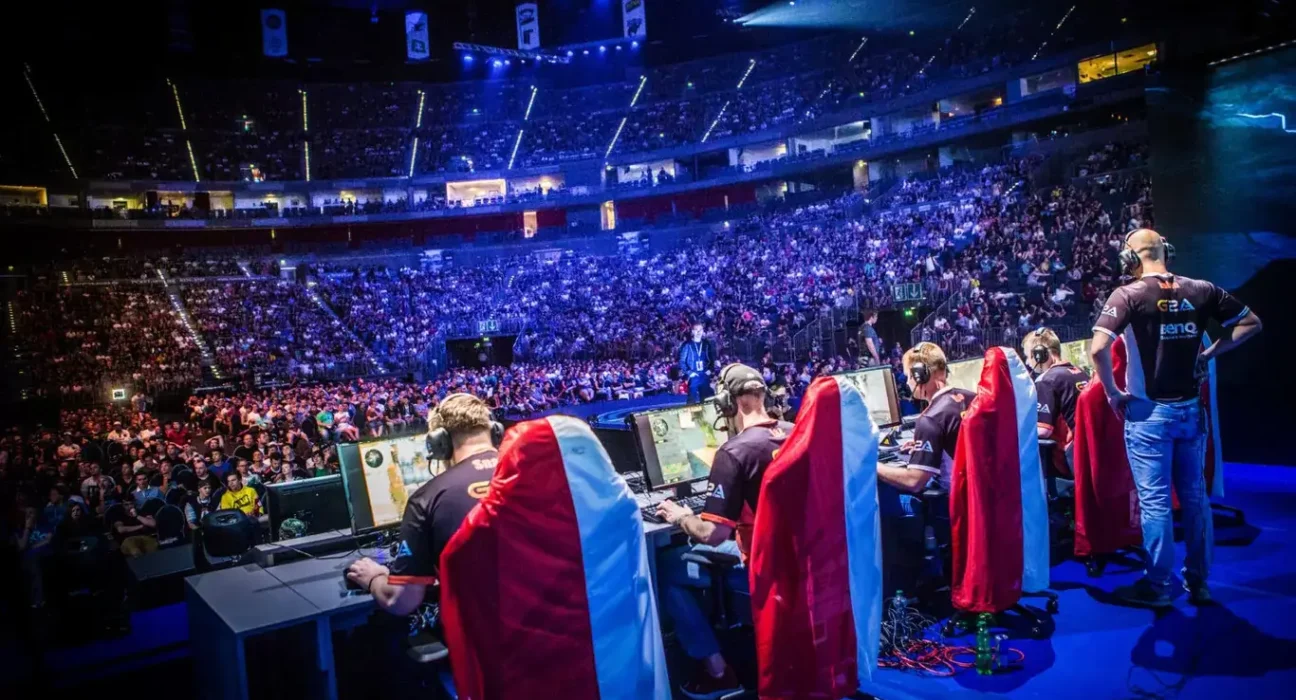Even though eSports has been around for several years, it has turned into a huge-scale spectacular attracting numerous spectators and having rich economic results. This evolution has revolutionized the conventional sporting industry, presenting new professions for the personnel and new forms of sport for the general population.
The Rise of Esports
Esports has experienced tremendous growth over the past decade due to changes in technologies, Internet connection, and the emergence of streaming services such as Twitch and YouTube Gaming. Modern competitions entice millions of people, and many of them watch esports events as passionately as ordinary sports. LoL, Dota 2, and Fortnite are well-known games that are popular in regular competitive gaming, with audiences and prize pools to match.
Economic Impact
The industry has recorded tremendous financial progress as it generates revenue through sponsors, advertisers, broadcasting, merchandise, and ticket selling. In 2023, the market size of esports worldwide was more than 1 billion US dollars; market predictions suggested the market would keep rising. It also contributes to employment opportunities in event management, marketing expertise, gaming development, and content delivery.
On the one hand, these developments marked the professionalization of the labor force engaged in fixed telecommunication infrastructure; on the other, they represented the physical and institutional infrastructure of fixed telecommunication services.
Esports has grown over the years, and so have most aspects related to it, including the professional level. Currently, the management of teams, players, and leagues helps to give stable direction to the industry. Specific esports venues and venues bring excellent conditions for live event performances to spectators. Further, universities are adapting and adding esports programs that include scholarships and developing talents.
Communication and Impact Across Different Cultures
Esports also erase physical barriers because they connect players and fans from all four corners of the world. While international tournaments help players feel the unity of global citizenship, regional leagues belong to the domestic field. Esports is now part of popular media, fashion and entertainment culture, with more traditional brands partnering with esports brands.
Challenges Facing Esports
Despite its rapid growth, esports faces several challenges:
Regulation and Governance:
This deprives competitions of different fairness aspects such as match-fixing, player exploitation, variation of competition standards, etc. To ensure that the standards of each sport are protected and there isn’t favoritism, it is appropriate to develop sets of central bureaucratic authorities.
Player Health and Well-Being:
Professional gaming often results in health problems among players due to the rigorous gameplay. Issues related to work-related injuries, such as repetitive strain injuries, career span, and mental health needs, should also be part of the focus for esports career lifespan.
Sustainability and Longevity:
Sustaining esports hence requires ongoing evolution of the concept and the activities that revolve around it. This involves creating new games, penetrating new markets, and keeping the audience’s interest in the most dynamic territory – the online one.
Inclusivity and Diversity:
The esports field has to include people from different backgrounds to experience growth. Attempts to integrate and diversify women, minorities, and other underrepresented groups can make everyone more comfortable participating.
The Future of Esports
The further development of esports seems great, as virtual Reality (VR) and Augmented reality (AR) may influence esports positively. Working directly with traditional sports organizations and possibly being a part of multi-sport events such as the Olympics are short of esports, thus already starting to legitimize the industry.
Also, institutions are accepting esports as a new field, and they offer academic programs and research to analyze the effect and occurrence of competitive gaming. Thus, with time, esports could be seen as an inseparable part of the world’s sports and entertainment facilities.
Conclusion
Esports has become an exciting and prominent segment, which alters its meaning of sport and contest in the age of digitalization. The exponential increase of its expansion, its importance as a factor in the worldwide economy, and the extent of its influence on culture means that it can promise to keep a commanding position in the world society. Challenges in esports, such as performance enhancement and fan engagement, have to be solved based on the current innovations and progress, and by doing so, it sets new standards for the competitive entertainment industry.




